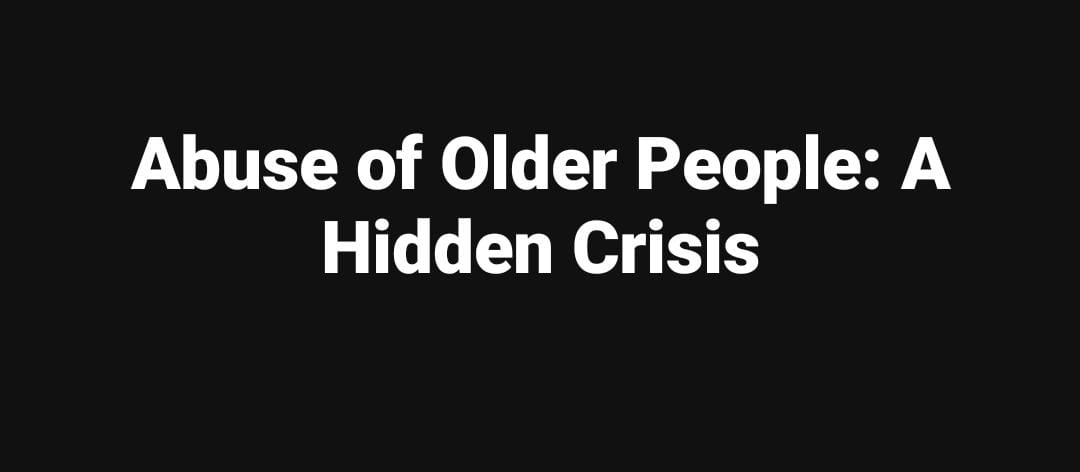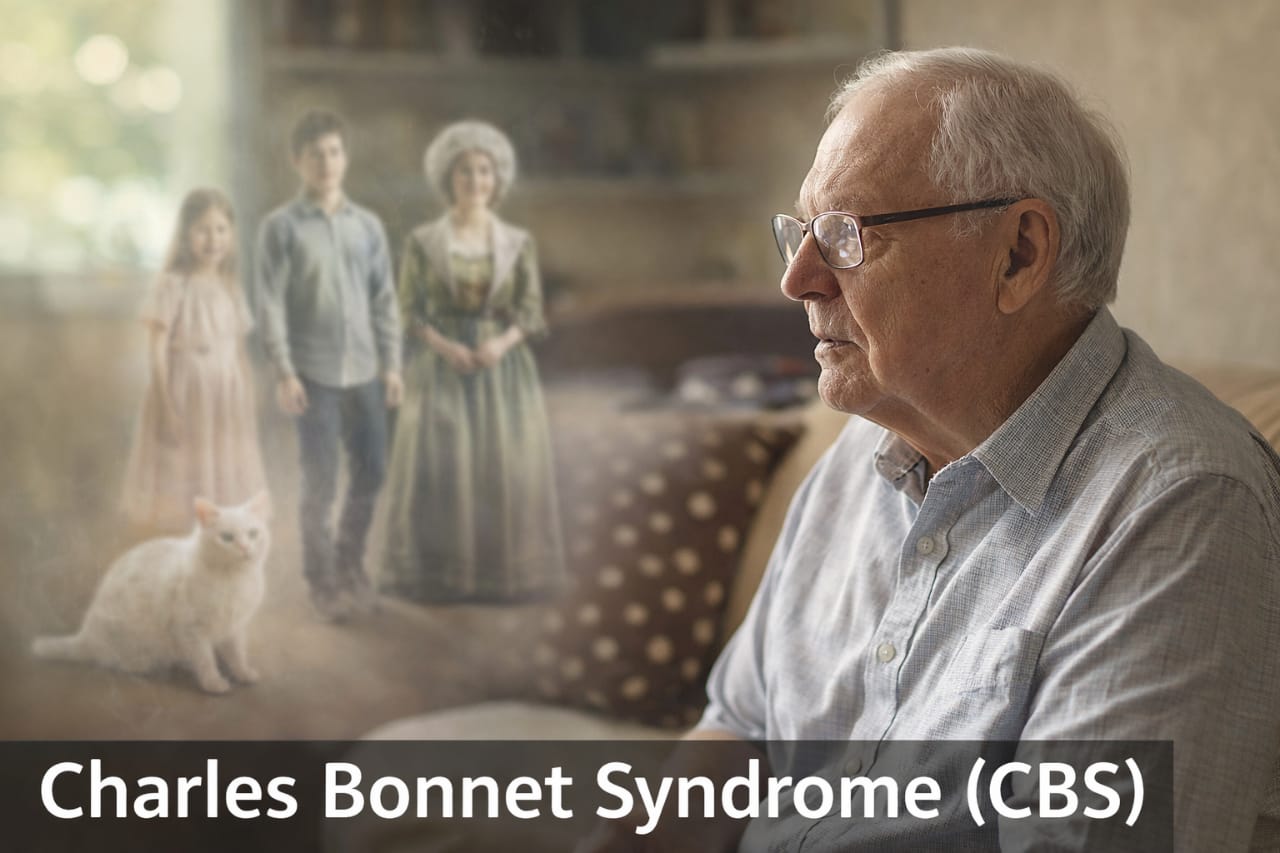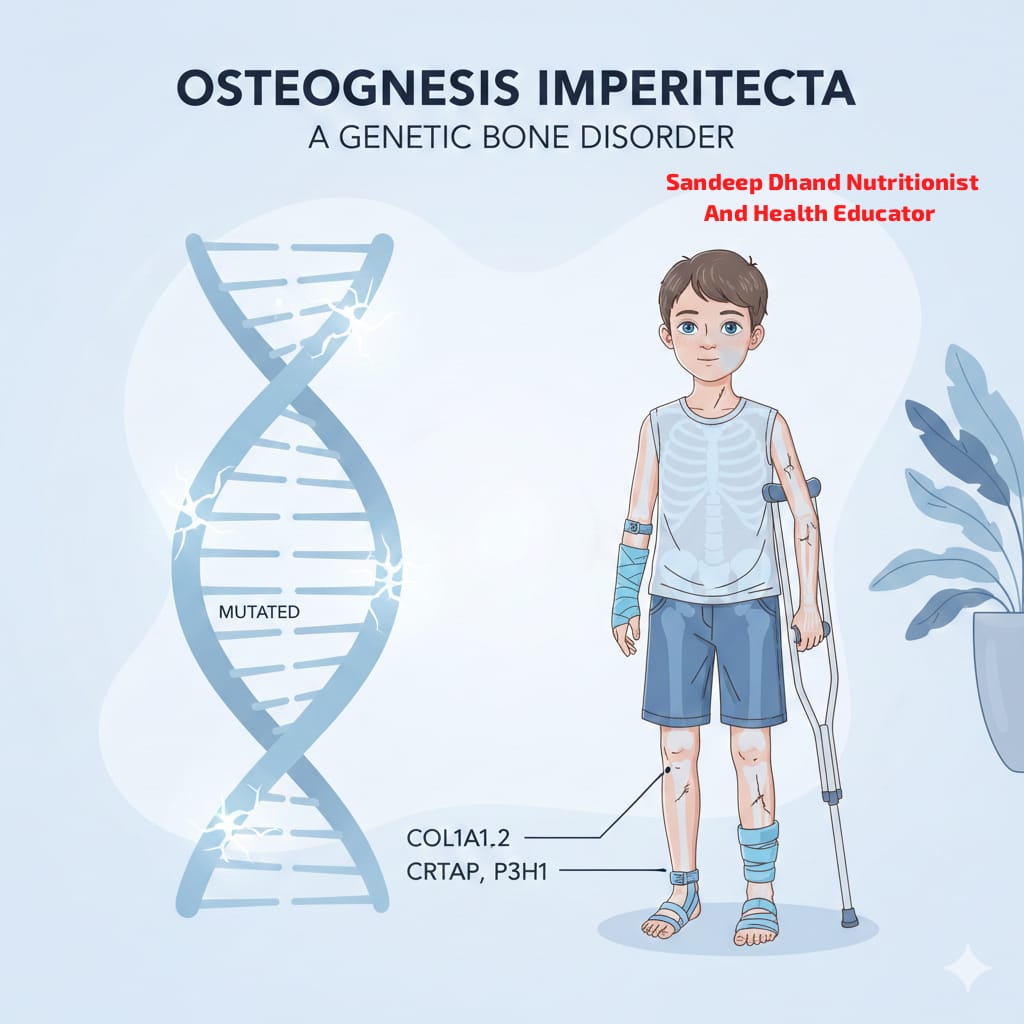Health Desk
Tv10punjab
Education Desk
Introduction
Growing old should be a peaceful and respected time in a person’s life. Elderly people have contributed much to society — raising families, working hard, and supporting communities. But sadly, many older people face abuse, often by those they trust the most. This abuse can happen quietly, hidden behind closed doors. It is not just physical; it can be emotional, financial, or even neglect.
This article explains the different types of elder abuse, its causes, signs, effects, and how we can protect our seniors. We also discuss a healthy diet plan for the elderly to help improve their physical and mental well-being.
👵 What is Elder Abuse?
Elder abuse is any action or failure to act that causes harm or distress to an older person. This can happen at home, in care centers, or in the community. Abuse can be intentional or due to neglect.

🚨 Types of Elder Abuse
- Physical Abuse
Hitting, slapping, pushing, or restraining.
Overmedicating or depriving medication.
- Emotional or Psychological Abuse
Insults, threats, yelling, or ignoring.
Making the elder feel scared, worthless, or unwanted.
- Financial Abuse
Stealing money or property.
Forcing them to sign documents or give up their savings.
- Neglect
Failing to provide food, medicine, hygiene, or care.
Leaving them alone for long periods.
- Sexual Abuse
Any unwanted sexual contact.
Even inappropriate touching or exposing.
- Self-Neglect
When the elder fails to take care of their basic needs.
Can happen due to mental illness or depression.
👁️🗨️ Signs of Elder Abuse
Sometimes elders don’t speak up due to fear or shame. So it’s important to look for signs:
Unexplained injuries like bruises, burns, or fractures.
Sudden mood changes — sadness, anger, fear.
Withdrawal from family or activities.
Poor hygiene or dirty clothes.
Missing belongings or money.
Fear of certain people, especially caregivers.
Sudden change in will or bank accounts.
🤔 Why Does Elder Abuse Happen?
There are many reasons why elder abuse happens. Understanding these reasons can help in prevention.
- Caregiver Stress
Family members may feel overwhelmed by caregiving.
They might be untrained or unsupported.
- Lack of Resources
Some families can’t afford proper elder care.
This leads to frustration and neglect.
- Mental Illness or Addiction
Abusers may suffer from mental illness or drug/alcohol addiction.
- Greed or Need for Money
Some people abuse elders to take control of their money or property.
- Cultural Beliefs
In some cultures, the elderly are not respected.
They are seen as a burden.
🧠 Effects of Elder Abuse
Elder abuse causes serious damage — physically, mentally, and emotionally.
Physical Effects:
Injuries, disability, or even death.
Weak immune system and longer healing time.
Psychological Effects:
Anxiety, depression, low self-esteem.
Fear, trust issues, suicidal thoughts.
Social Effects:
Isolation from friends and family.
Loss of interest in life.
🌍 Global and Indian Scenario
According to WHO, 1 in 6 elderly people faces abuse globally.
In India:
Over 25% of elderly people have reported facing abuse.
Most abusers are family members — children or in-laws.
Sadly, many cases are never reported.
🛑 How to Prevent Elder Abuse
👨👩👧👦 For Families:
Treat elders with love and patience.
Get help if you feel overwhelmed — use home care services.
Don’t take over their lives completely; let them stay independent.
🧑⚖️ For the Community:
Report any suspected abuse.
Help elders connect with support groups or NGOs.
Raise awareness through social campaigns.
🏥 For Care Institutions:
Staff must be well-trained.
Proper background checks and regular monitoring.
Encourage elder complaints and act on them quickly.
📞 Support and Helplines in India
Local police or NGOs also support the elderly.
👨⚕️ Importance of Nutrition for the Elderly
Good food can help older people feel energetic, reduce the risk of illness, and fight depression. A balanced diet supports their brain, bones, and immune system.
Let’s look at a simple and healthy diet plan.
🥗 Balanced Diet Plan for Elderly People
🌞 Morning (Empty Stomach)
1 glass lukewarm water with lemon or soaked fenugreek seeds.
1 soaked almond + 1 walnut.
🍽️ Breakfast (8:00 – 9:00 AM)
Option 1: Vegetable poha or upma with curd.
Option 2: Oats porridge with banana.
Option 3: Whole wheat toast with peanut butter and boiled egg (if non-veg).
✅ Include: Herbal tea or milk.
🍏 Mid-Morning Snack (11:00 AM)
Seasonal fruits: papaya, guava, apple, or orange.
Buttermilk or coconut water.
🍛 Lunch (1:00 – 2:00 PM)
1-2 chapatis with ghee (in moderation).
Vegetable sabzi (pumpkin, spinach, gourd, etc.).
Small portion of dal or curd.
Brown rice or khichdi (optional).
Salad with cucumber, tomato, beetroot.
✅ Tip: Use less salt and oil. Add turmeric and garlic to dishes.
☕ Evening Snack (4:00 – 5:00 PM)
Herbal tea or green tea.
Roasted chana or murmura (puffed rice).
Fruit slices or sprouts chaat.
🍲 Dinner (7:00 – 8:00 PM)
Light vegetable soup or dal soup.
1-2 chapatis or soft rice.
Mixed vegetables or paneer (in moderation).
Curd if no digestion issue.
✅ Tip: Dinner should be lighter than lunch.
🌙 Before Bed (9:00 – 10:00 PM)
A glass of warm turmeric milk.
1 date or soaked fig (optional).
🧂 Nutritional Tips for Elders
Low salt and sugar: Prevents BP and diabetes.
High fiber: Keeps digestion smooth (fruits, oats, vegetables).
Protein intake: For muscles and immunity (dal, egg, paneer).
Hydration: Drink 6-8 glasses of water.
Supplements: Vitamin D, B12, and calcium if advised by doctor.
Avoid fried, spicy, and junk food.
🧘 Healthy Lifestyle Habits
Light Exercise: Walking, yoga, or stretching.
Mental Activity: Reading, games, prayer.
Social Engagement: Family time, community meet-ups.
Regular Checkups: BP, sugar, and eye exams.
❤️ Respect and Care is the Best Medicine
Respecting elders is part of our Indian culture. We must protect them, listen to them, and stand up for them. Abuse of older people is a crime, but more importantly, it is a moral failure.
Let’s build a society where elders feel safe, valued, and loved.
🧾 Conclusion
Elder abuse is a growing problem across the world, especially in homes where it often goes unnoticed. From physical harm to emotional hurt, this abuse has long-term effects on the health and happiness of older people. But by creating awareness, supporting caregivers, and showing kindness, we can change the situation.
Let us remember that today’s elders were once the hands that held us, fed us, and guided us. Now it’s our turn to take care of them with compassion, dignity, and responsibility.




